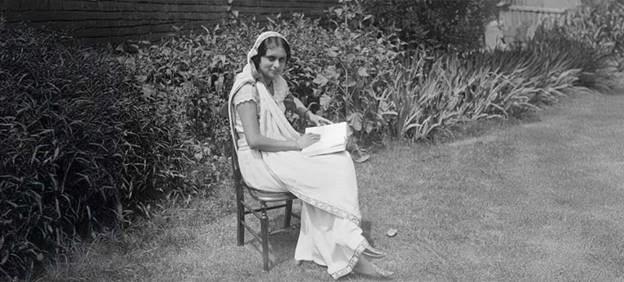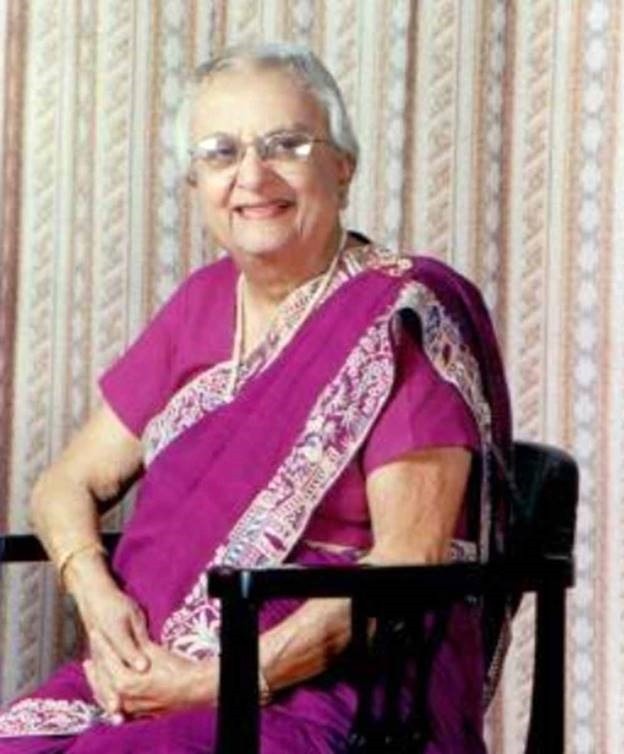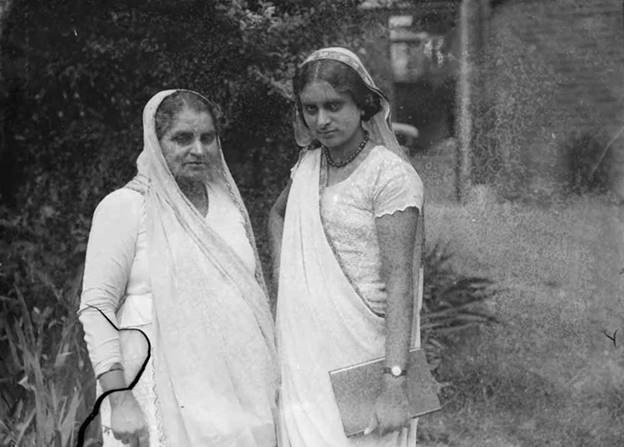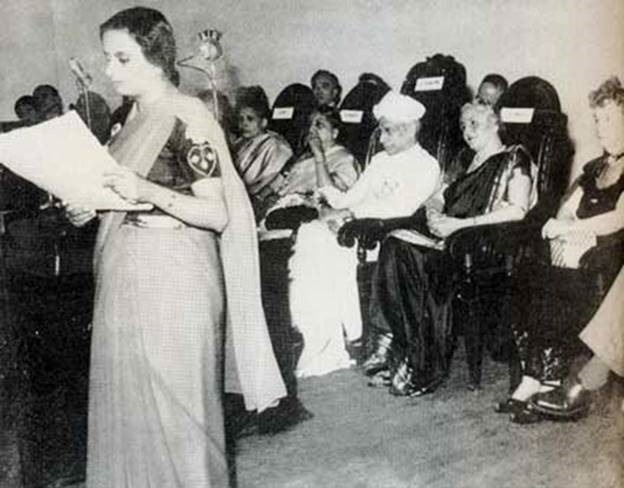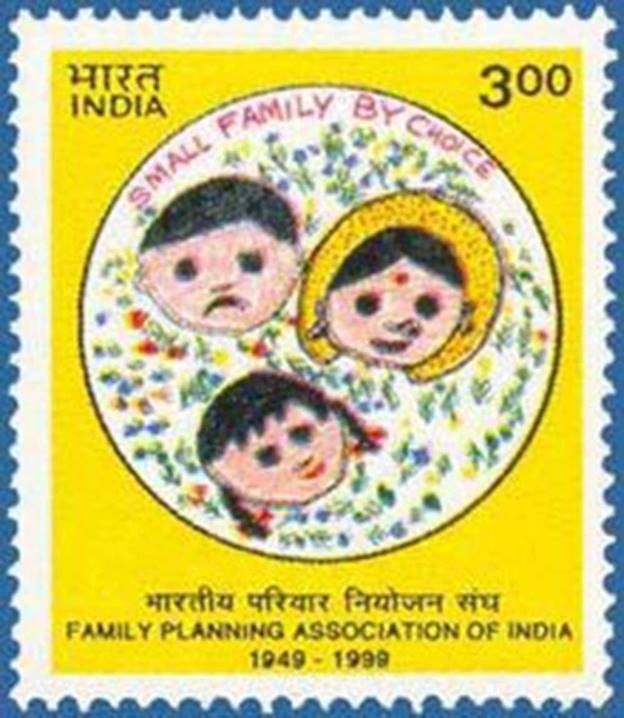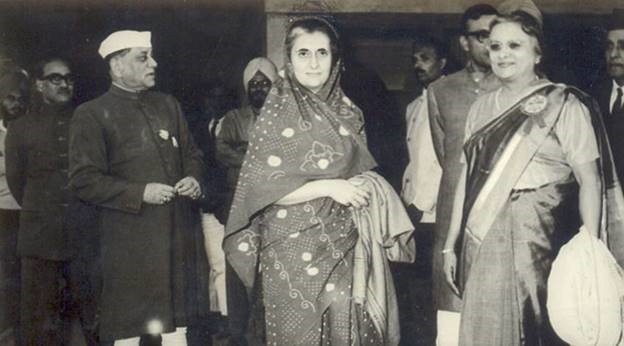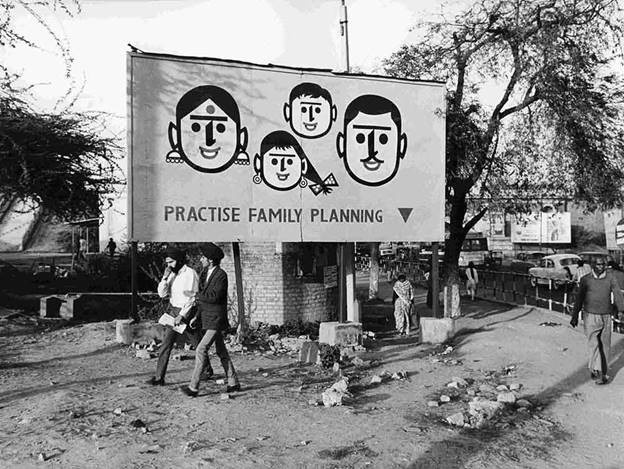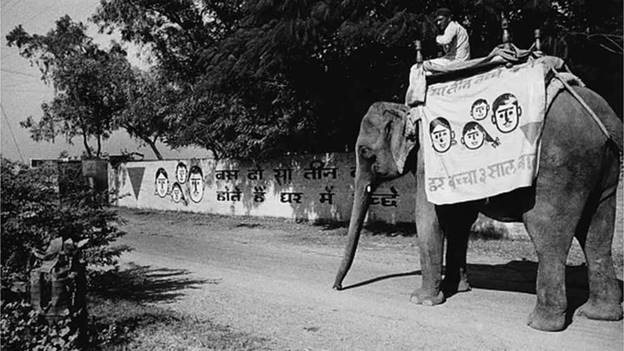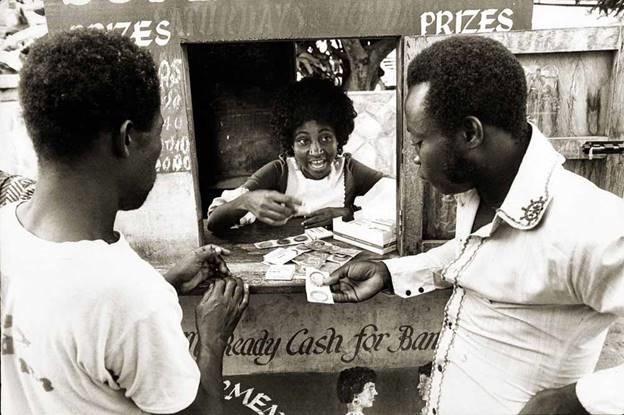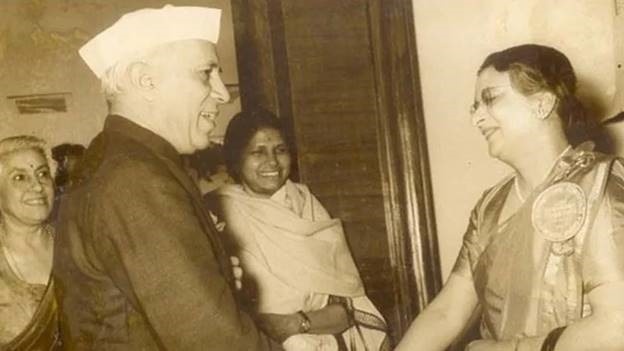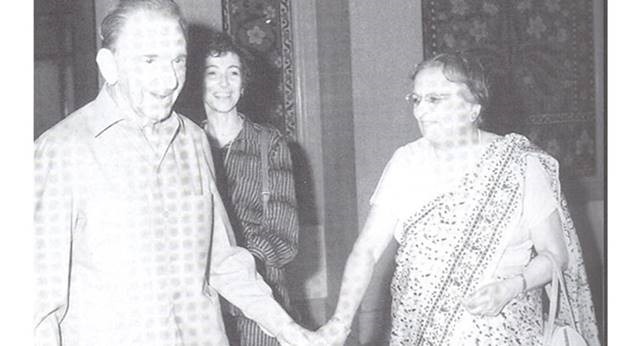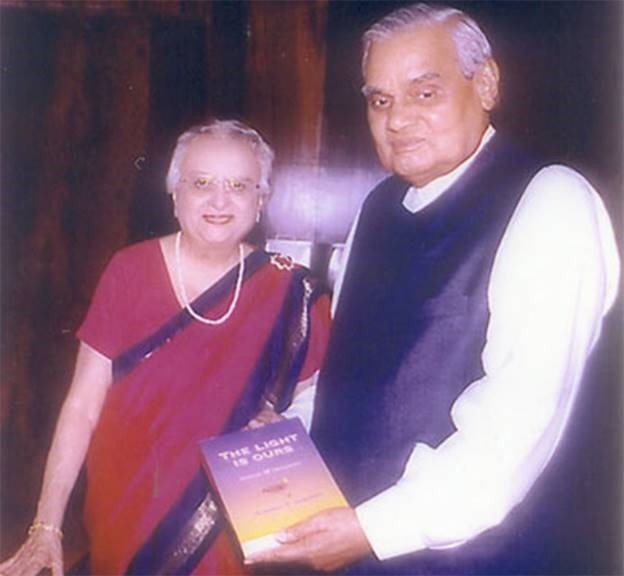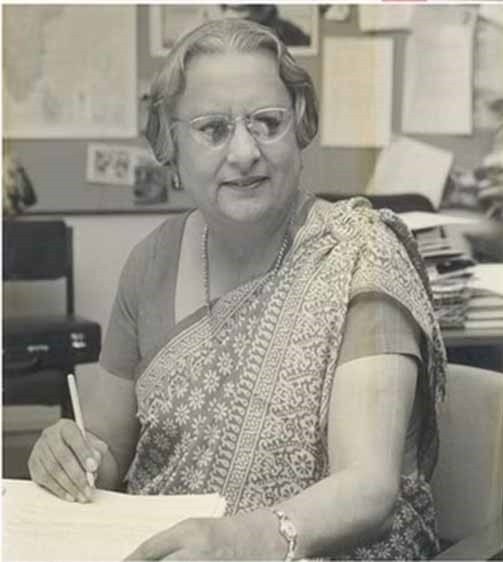Avabai Wadia’s remarkable journey from a pioneering legal luminary to a trailblazer in family planning stands as a testament to her unwavering commitment to social progress.
Article on Her Circle
Born in 1913 into a progressive Parsi family in Colombo, her life’s work would leave an indelible mark on India’s landscape of women’s rights and reproductive health. We delve into the multifaceted career of Avabai Wadia, highlighting her pivotal role in shaping India’s family planning policies and advocating for women’s autonomy.
Legal Luminary To Social Advocate
Avabai Wadia’s journey began with her historic achievement in 1933, when she became the first woman from Ceylon (now Sri Lanka) to pass the bar exam in the United Kingdom.
Despite facing entrenched gender biases, Wadia’s determination propelled her forward as she carved out a distinguished legal career in London and Colombo. However, it was during her time in Bombay (now Mumbai) amidst the tumult of World War Two that she discovered her true passion: advocating for social change, particularly in the realm of family planning.
Founding The Family Planning Association of India (FPAI)
In 1949, Wadia played a pivotal role in establishing the Family Planning Association of India (FPAI), a ground-breaking organisation aimed at revolutionising India’s approach to reproductive health.
With a focus on promoting contraceptive methods and providing fertility services, the FPAI under Wadia’s leadership became a beacon of hope for countless Indian women seeking autonomy over their reproductive choices.
Through innovative initiatives and community engagement, Wadia and the FPAI transformed societal attitudes towards family planning, paving the way for significant policy shifts in the years to come.
FPAI’s work ranged from promoting contraceptive methods to providing fertility services – the latter gave Wadia “a real sense of satisfaction” since she had suffered miscarriages and had no children. It was in large part due to Wadia’s efforts that the Indian government became the first in the world to officially promote family planning policies in 1951-52.
Under Wadia, FPAI adopted a decentralised, community-based approach, working with the urban poor and villagers from some of the most impoverished regions of India.
Linking family planning with a holistic agenda of education, skill development and health, Wadia and her team employed creative communication techniques such as singing bhajans (devotional songs) with social messaging and organising a family planning exhibition which zipped across the country by train.
Global Impact And Advocacy
Wadia’s influence extended far beyond India’s borders as she emerged as a leading voice in the international discourse on reproductive rights. As a prominent figure in the International Planned Parenthood Federation (IPPF), she advocated tirelessly for women’s autonomy and dignity worldwide. Her staunch opposition to attempts to restrict access to abortion underscored her unwavering commitment to upholding basic human rights, even in the face of political pressure and controversy.
Navigating Political Challenges And Controversies
Wadia’s advocacy journey was not without its challenges, particularly in navigating the complex intersection of politics and reproductive health.
From condemning coercive population control measures during the Emergency era to challenging the Reagan administration’s stance on abortion funding, Wadia remained steadfast in her principles.
Her unwavering commitment to voluntary participation and human rights principles served as a guiding light amidst turbulent political landscapes.
Legacy And Contemporary Relevance
Today, Avabai Wadia’s legacy continues to inspire generations of activists and policymakers alike. Her pioneering efforts in family planning and women’s rights serve as a poignant reminder of the transformative power of individual dedication and advocacy. As debates surrounding reproductive rights and population policies persist, Wadia’s life and work remain a testament to the enduring importance of championing autonomy, equity, and justice for all.

